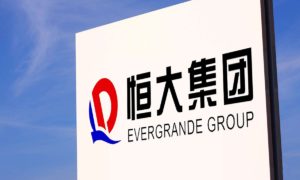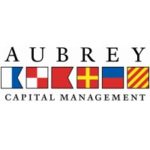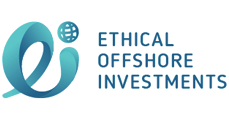Evergrande’s equity is worthless – but its failure is not a systemic risk
As it emerges that Chinese property developer Evergrande may default on $300bn of debt, Aubrey Capital Management’s Rob Brewis says he is not worried about contagion.

By Rob Brewis,
Aubrey Capital Management
We rarely write on specific stocks: for allocators running large portfolios, often across different asset classes, it is just too granular. And when on occasion we do, it is even more rare to report on a stock that we do not even own.
We are making an exception with Evergrande for a couple of reasons. First, because this company is causing concern about the Chinese market as a whole over and above the impact its demise will have on its share and bond holders. Secondly, because our process screens out companies with such egregious business models.

For those of you who have not heard of Evergrande, it is a property company that has just announced the sales of its apartments are no longer sufficient to service its massive debts.
We suspect this has been the case for some time (brokers we know have ceased coverage of the stock for some time – not a good sign for the second largest company in the sector) and that past deposits paid by unwitting customers (it is estimated that there are around 1.5 million of them and close to 800 unfinished projects) went long ago to keep the show on the road.
Their fate has been widely debated on an online forum set up by the People’s Daily over the past couple of months.
Beijing has been well aware of Evergrande’s rising debt ratios for several years and has been trying to cajole the developer into de-gearing. Unfortunately, for want of the means, the founder of the business, Xu Jiayin, has continued down the “I am too big to fail” route.

This has finally come home to roost. The company’s debt is huge – some put it at $300bn – and will take a decade or more to unravel. We will, no doubt, be bored talking about it in a few months.
The government’s priority is to manage the process without creating too much of a stir. The last thing the new “Common Prosperity” initiative needs is the distraction of large numbers of people who have put down deposits on unfinished projects or have invested in some bank wealth management products with exposure to the group being left penniless.
Much of the debt will be with government banks who will, no doubt, manage the bad debts down over many years. It will be a massive headache, but not in any way a systemic risk. We would have seen that in broader bond markets, or indeed the currency, but there has been nothing. For many, the financials of this beast have been in plain sight for years. Sadly, as so often, the rating agencies have been slow to react.
The equity is clearly worthless, and the bonds not worth very much. In fact, anyone who has invested in the equity (15x leveraged, with negative cash flow in eight of the past 10 years) needs their head examined. We suspect it is/was in all sorts of indices, so ETF buyers have indeed been invested in it.
We focus on the emerging markets consumer and the Chinese consumer is in rude health. Though we are growth investors, we are also mightily keen on cash-flow generation. This necessarily attracts us to companies that have the wherewithal to fund their own growth without resort to lashings of debt. Note that none of our China holdings, excluding a couple of financials, have net borrowing.
Fraud is very often difficult to spot and despite confidence in our process, we are never complacent about corporate chicanery. This one, however, was a sore thumb with bells on it. Will it have any impact on our profitable, well-managed and growing businesses with strong balance sheets? No.

Rob Brewis manages the Aubrey Capital Management Global Emerging Markets Opportunities fund
The above article is for information purposes only.
At Ethical Offshore Investments, we can provide guidance on a wide range of regulated specialist funds that focus on investing in sustainable type investments with a global presence. We have a significant bias towards investing in high quality, sustainable strategic managed funds, which generally avoid companies such as the one mentioned in the above story.
Sustainable Investing – Ethical Business Standards
If you would like to learn more about the range of quality funds, click the More Information button below and we will contact you personally.
